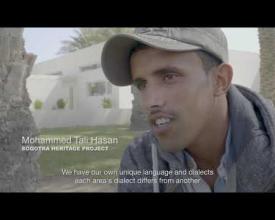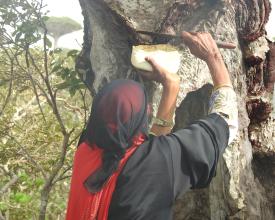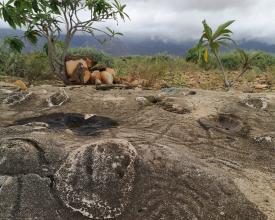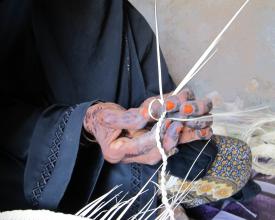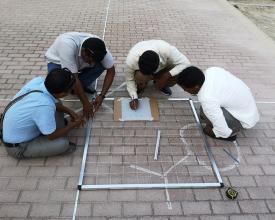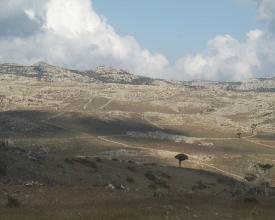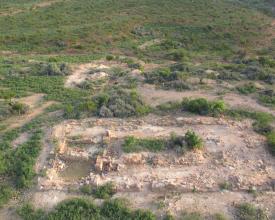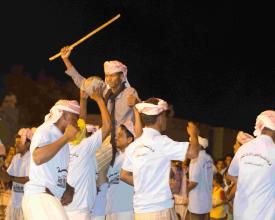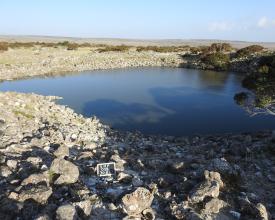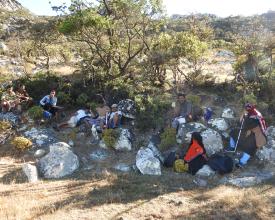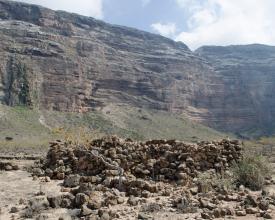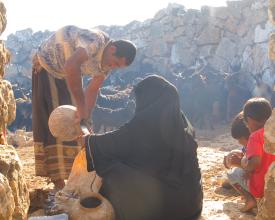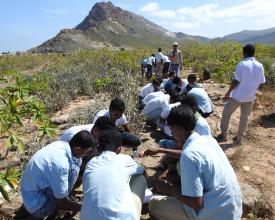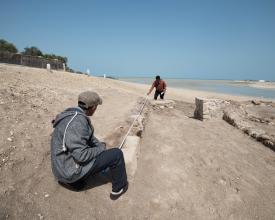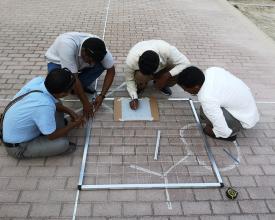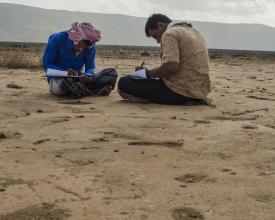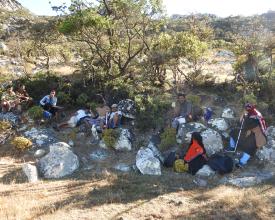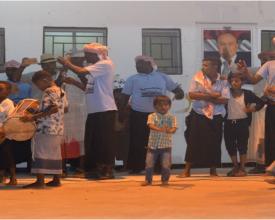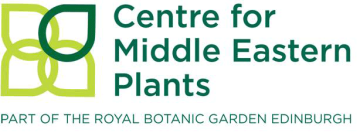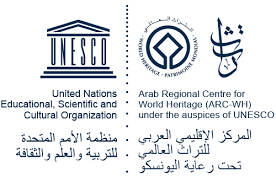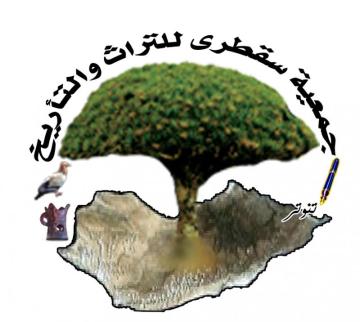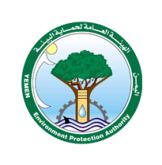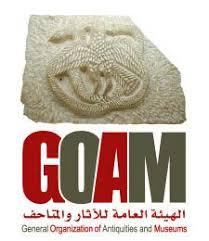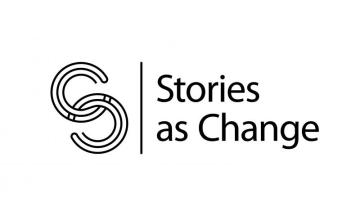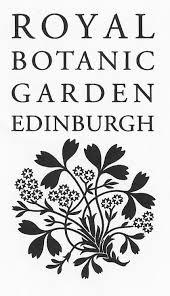
Soqotra Heritage Project: building local capacities for the protection of the unique cultural and natural heritage of Socotra
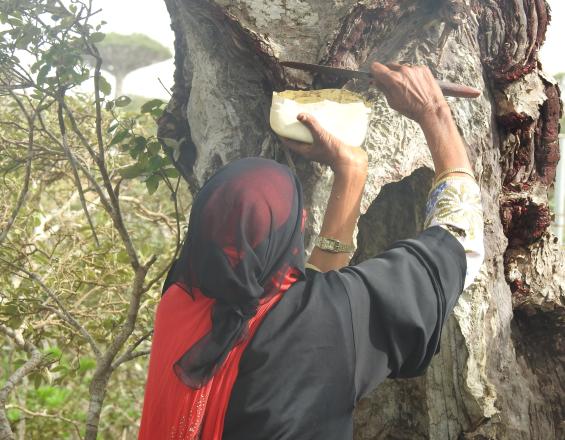
This solution focuses on the Soqotra Heritage Project, a multidisciplinary programme addressing the needs of tangible and intangible cultural heritage on Soqotra, one of the most unique island ecosystems in the world and its unique biodiversity is at the heart of its World Heritage status. Through the establishment of a partnership of local and international institutions and organizations, the project combines multidisciplinary expertise in the documentation and conservation of Soqotra’s heritage which is a key element of identity for Soqotri communities. The project enhances previous projects and programmes which focused on biodiversity conservation, and works on raising awareness and building local capacity for the conservation of tangible and intangible heritage as an element for future sustainable local development.
The project focuses on strengthening community-based approaches to heritage conservation, as well as safeguarding the unique bio-cultural heritage of Soqotra.
Context
Challenges addressed
- Environmental challenges: change in focus from purely biodiversity conservation to a wider heritage model encompassing links between tangible, intangible and natural heritage and associated knowledge systems;
- Cultural and social challenges: Soqotri heritage is at risk from external influences; lack of local capacity, governance and awareness of Soqotri heritage; lack of heritage resources available for decision making;
- Economic challenges: lack of local sustainable development opportunities addressed through further highlighting and discussion on sustainable heritage tourism.
Location
Process
Summary of the process
The solution focuses on Soqotra Heritage Project, a multidisciplinary partner project involving local, national and international institutions and organizations from the fields of nature conservation and heritage safeguarding. The project focused on switching perspectives in the conservation of the heritage of Soqotra: from biodiversity conservation to a wider interlinked approach addressing both natural and cultural heritage as one interlinked element that is widely interconnected within the life and culture of people that are indigenous to the island and are a key component of the bio-cultural landscape of the Soqotra Archipelago.
The project bases its core activities in the development and enhancement of local capacities as well as in the improvement of information accessibility about the heritage of Soqotra to allow for informed decision-making, also in light of planning for inclusive sustainable tourism activities to be implemented on the island.
The key element for the implementation of this solution is the close cooperation with local communities and the continuous communication and implementation through consultation between all project partners, with the Soqotri community at the forefront of decision making.
Building Blocks
Multidisciplinary partnership of the Soqotra Heritage Project
The Soqotra Heritage Project is a coordinated by the Centre for Middle Eastern Plants (part of the Royal Botanic Garden Edinburgh) in cooperation with the Freie Universität Berlin, the Arab Regional Centre for World Heritage (ARC-WH), the Senckenburg Research Institute, the Soqotra Culture and Heritage Association, the Yemeni Environmental Protection Authority, the General Organisation for Antiquities and Museums (GOAM), Carey Tourism (sustainable tourism partner) and Stories as Change (production of visual storytelling and project' films). Additionally, the project benefits from the initial support of the UK Department for Digital, Culture, Media & Sport through the British Council Cultural Protection Fund. Further funds are being acquired for follow on programmes.
The key element of the partnership established for the Soqotra Heritage Project is its interdisciplinary character that brings together different experiences in the field of cultural and natural heritage conservation, including the intangible cultural heritage of Soqotri communities.
The partnership is a fundamental element of the project, which through its interdisciplinary character seeks to enhance the biodiversity focus through increasing knowledge about the not yet fully explored cultural heritage of the Soqotra Archipelago.
Enabling factors
The Soqotra Heritage Project is possible through the financial support of the UK Department for Digital, Culture, Media & Sport and the British Council received through the Cultural Protection Fund, with subsequent funds about to be implemented.
Planning and communication have been key components in the success of the project activities. Furthermore, having an ARC-WH staff member on-site who is part of the local community with the necessary indigenous language skills tremendously facilitated the successful implementation of the project.
Lesson learned
The element of multidisciplinary partnership is the backbone for the implementation of the Soqotra Heritage Project. Bringing together institutions and organisations with different foci and experiences in the fields of cultural and natural heritage conservation, including the intangible cultural heritage has been of key importance for the successful implementation of the project.
Having ARC-WH’s Project Coordinator for Socotra on-site, facilitating and able to communicate in the local Indigenous language has allowed for a more effective communication with the participants in the project and local Soqotri.
Lastly, the simplification of the project management process has made the implementation of the project more straightforward. The multidisciplinary partnership has been based on agreed roles and responsibilities which were established at the beginning of the project.
From biodiversity conservation to a wider nature-culture heritage approach
For many years, the focus of conservation projects on the island has been solely on nature and biodiversity. The Soqotra Heritage Project aims at addressing both natural and cultural heritage as one interlinked element that is widely interconnected within the life and culture of people that are indigenous to the island and are a key component of the bio-cultural landscape of the Soqotra Archipelago.
This act of reconnection is firstly established through the identification and documentation of tangible and intangible heritage manifestations and expressions as well as the establishment of awareness raising activities. The project team cooperated with a group of local interested individuals in the documentation of over 400 tangible cultural heritage assets (buildings, monuments, historic places as well as artefacts and objects) and the oral and intangible traditions - particularly the local Indigenous language and oral history - of Soqotri communities through report, photographs and films. This process included consideration of the integration of cultural heritage into protected area systems designed for biodiversity conservation, and raising awareness of the importance of conserving heritage in its wider form with local communities.
Enabling factors
The interdisciplinary partnership behind the project is the backbone of the application of a more comprehensive heritage approach.
Furthermore, the fact that the local ARC-WH staff member and the project team are well connected with key local stakeholders, such as the Governorate representatives, GOAM and EPA, facilitated the communication and dissemination of key information which will motivate a widening of pure biodiversity focus to a more nature-culture approach of conservation.
Lesson learned
The project focused on challenging the existing separation between nature and culture that is still widely integrated into conservation thinking. This divide can also be found in the differences between the understanding and thinking of local communities and the external professional influence. A key element in overcoming these divides has been the involvement of local Soqotri communities in the set-up, planning and implementation of the project, including discussions with local professionals and community members representing the interest of Soqotri communities.
The project has allowed to recognise and explore the existing differences between biodiversity and heritage conservation theory and practice, and the requirement to consider novel approaches from all participants to adapt to a local system – especially where this system is a relatively isolated archipelago and where there is little or no governance or infrastructure for heritage conservation and management.
Building capacities at the local level
Local capacity development and awareness raising is at the heart of the Soqotra Heritage Project which includes both training of heritage professionals and of members of local communities. Building on existing local capacity is fundamental for the long term implementation of effective conservation and management efforts with particular focus on ensuring the inclusion of heritage in sustainable local development as well as in ensuring the sustainability of the local communities.
Between 2018-2020 the project team members met at the Arab Regional Centre for World Heritage in Manama, Bahrain, four times for training workshops on recognizing, documenting and recording cultural heritage on Soqotra. Training in documenting cultural heritage included detailed survey methods for a range of sites, including specialist training in recording rock art and in the use of Kite Aerial Photography. Recording intangible heritage included detailed training in cinematography to enable the full detail of traditional practices to be brought to life. Further training in education and awareness techniques, presentation, and story-telling also featured strongly. Additionally, interested members of the Soqotri community have been directly involved in documentation of cultural heritage assets.
Enabling factors
The first enabling factor is to ensure that the requirements of the local team were met and matched to strategic outcomes agreed by project partners and stakeholders.
This was further supported by the involvement on the ground of ARC-WH’s Project Coordinator for Socotra who is fluent in English, Arabic and Soqotri, facilitating the communication and knowledge transmission.
The availability of travel funds to conduct face-to-face and in situ training is fundamental to ensure the effectiveness of these activities.
Lesson learned
- Good and inclusive capacity building activities requires close collaboration between project partners that bring complementary expertise.
- The specific inclusion of women in the capacity building programme, allowing them to expand their technical knowledge is a clear rarity in an Indigenous society such as it exists in Soqotra, where women traditionally refrain from (or not always benefit from equal opportunities) having key roles in public activities. The inclusion of Soqotri women gave access to information sources which would have not been accessible otherwise.
- It is critical to collect feedbacks throughout the training process to ensure that team members have the required skills, and also experience to pass skills on to communities and local professionals.
- High quality translation services are necessary to be able to adequately communicate and engage with communities and local actors. Additionally, the direct involvement of heritage professionals with Indigenous language skills is a fundamental asset for the effective delivery of training and capacity building.
Resources for decision making
A key component of the Soqotra Heritage Project is the ability to access information about the heritage of Soqotra to allow for decision-making. This was realized by incorporating all documented tangible and intangible heritage in the Soqotra Heritage Database implemented through the Arches Project. Although maintained externally, and although internet connections on Soqotra prevent access to such resources in any meaningful way, the local team have access to all information through the Arches Collector App which can be used to visualize information, and also to collect and add information in the field.
Updates can be verified and enabled at regular meetings at the Arab Regional Centre for World Heritage until a sustainable internet provision is enabled on Soqotra.
This has allowed stakeholders on Soqotra to access information for planning purposes, and to raise awareness with stakeholders about the importance of considering heritage components in development activities.
Enabling factors
The building block required adequate provision and maintenance of the central database at a secure location as well as the ability to regularly update and access information.
Lesson learned
Online solutions are not appropriate for Soqotra while the internet connections and availability is unsustainable and of low quality. This applies to ALL sustainable solutions on Soqotra and is not confined to heritage programmes.
Provision of an offline App is the first step, but requires routine updates that can only be accomplished at the expense of international travel and availability of flights.
Sustainable heritage tourism
Soqotra is a “must see” tourism destination, all the more so as it is difficult to reach and is hard work when you arrive. Local tourism infrastructure is not well established, and local actors offer very similar and restrictive opportunities to visit a small number of localities.
The Soqotra Heritage Project sought to change this behaviour through documenting sites and practices and compiling a broader itinerary that could offer added value to tourists, local actors and global operators while at the same time increasing the conservation of sites and localities through diversification.
Sustainable heritage tourism is now being discussed again as a potential livelihood enhancement mechanism on Soqotra while at the same time addressing potential mechanisms to input directly into heritage conservation measures.
Enabling factors
Involvement of expert sustainable tourism consultant (Carey Tourism) with knowledge and experience in this specific geographic context and with regional experience in less well known locations.
This required to gain and ensure access to tourism stakeholders at all levels.
Lesson learned
It is extremely challenging to work on re-invigorating sustainable tourism ideas in a location with poor infrastructure and enforcement, with very limited travel options, and under a conflict scenario nationally with little access to regional and global stakeholders beyond the direct tourism industry makes it extremely challenging to achieve practical and measureable outcomes.
This is a work-in-progress.
Impacts
The Soqotra Heritage Project focuses on increasing the knowledge and raising awareness about cultural heritage of the Soqotra Archipelago.
- Environmental and cultural impacts: the Soqotra Heritage project tackled both natural and cultural heritage under the same framework, moving the first steps towards the recognition of Soqotra’s cultural heritage and its inclusion in protected areas planning. Additionally, the Soqotra Heritage Database was established through the ARCHES Project.
- Economic impacts: the project brought heritage tourism into open discussion with local communities and stakeholders; this also encouraged and advertised conservation through diversification.
- Social and cultural impacts: through the project, local heritage professionals have been trained and local capacities have been developed. At the site level a series of heritage awareness media have been implemented including site interpretation, heritage festivals, heritage “comic strips”, school and stakeholder site visits, online media. The project fostered the use of collaborative theatre and film workshops re-connecting generations with their own heritage.
Beneficiaries
The beneficiaries are local communities living on the island - which are also key actors in the implementation of this project - and the scientific community which is benefitting from the archaeological documentation carried out by local communities.
Sustainable Development Goals
Story
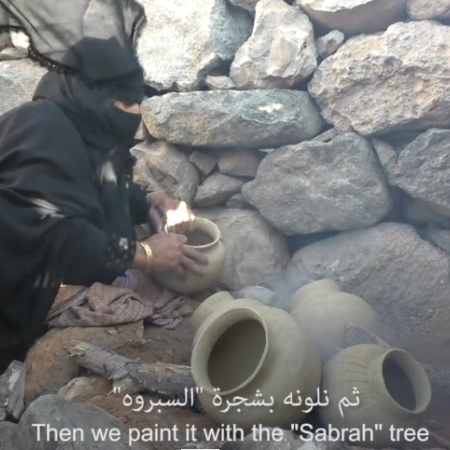
During the Soqotra Heritage Project, two Yemeni women – Ms. Sheikha Mubarak and Ms. Ahdab Al-Ameri– were trained on video documentation and interview research techniques. They were determined to document the intangible heritage of Soqotra and over the course of six months they collected over 50 hours of footage that were then edited in cooperation with filmmaker Oliver Wilkins in a small film documenting traditional Socotri songs, poetry, stories and traditional crafts.
The film was presented at the Friends of Socotra annual conference where it was seen by a large audience of academics, anthropologists, development professionals and Soqotri people. They captured on film, many unique Soqotri traditions that had been hidden from foreign researchers.
This film and project demonstrate clearly show how important video is in documenting and sharing intangible heritage and the necessity to place local people at the heart of any cultural research.
Watch Sheikha and Ahdab’s film at https://vimeo.com/300351147

